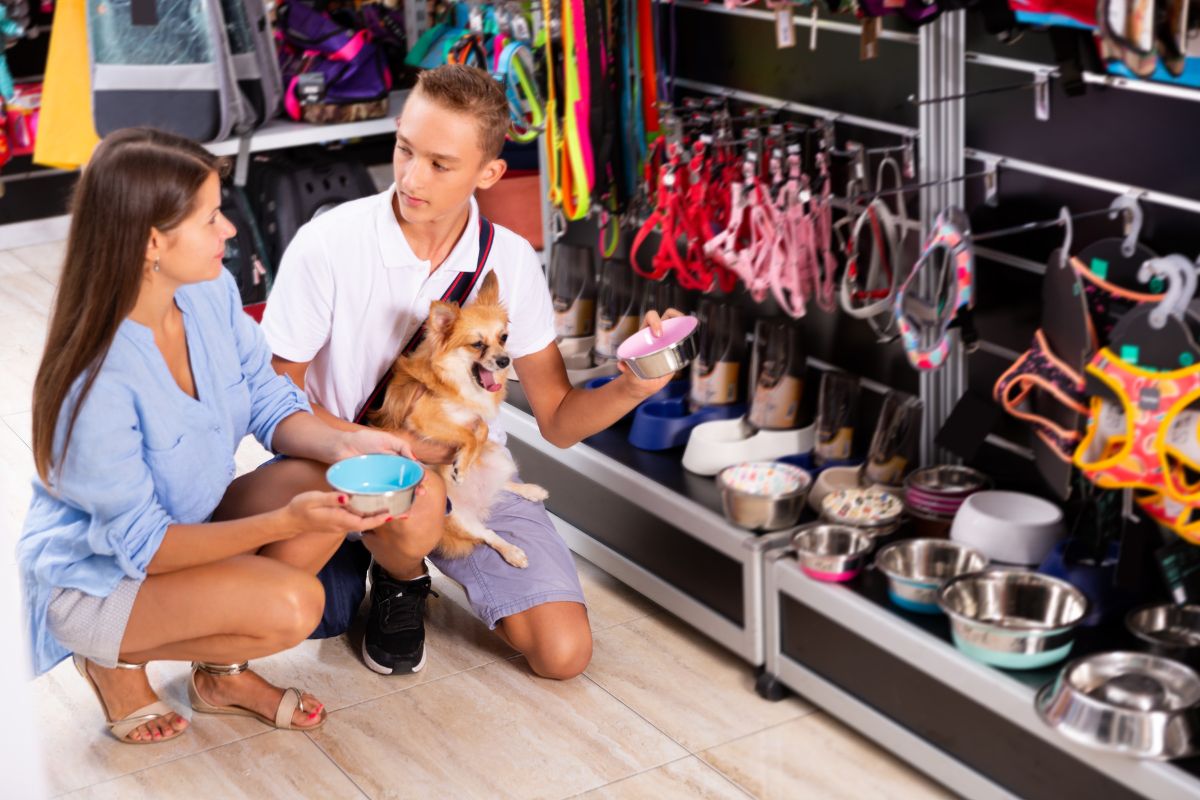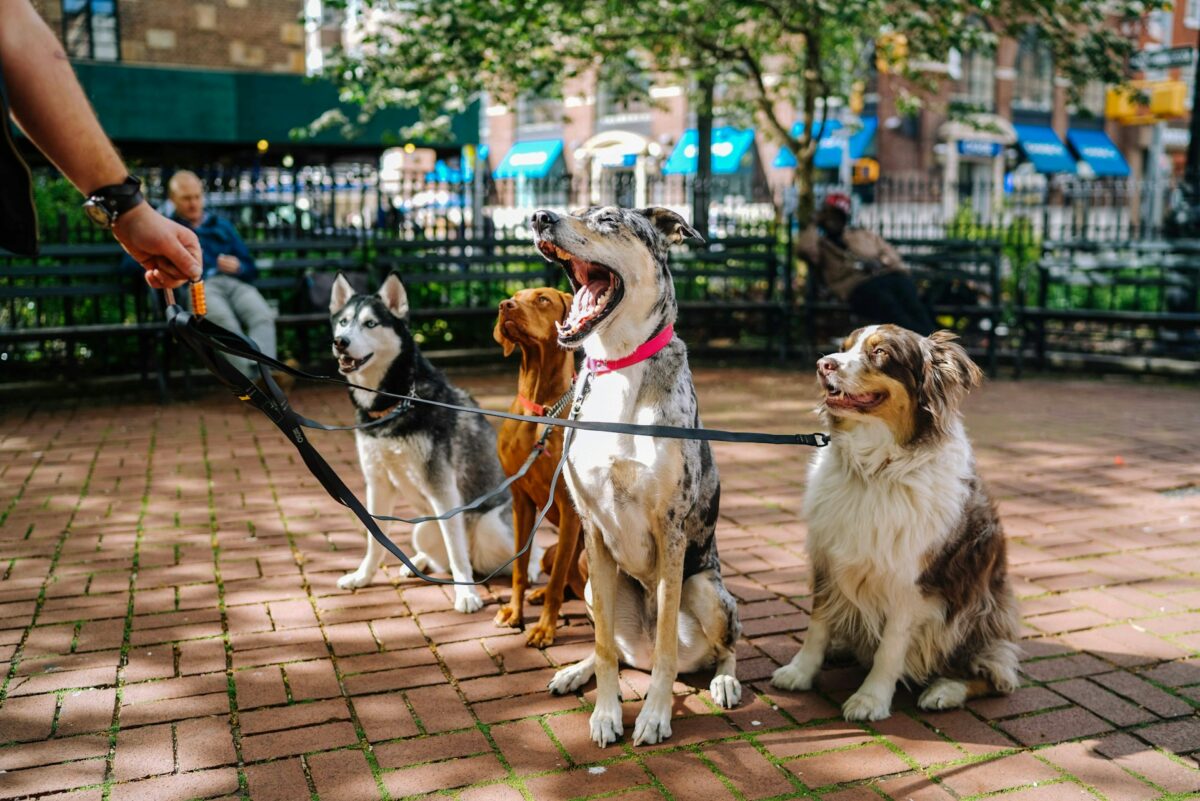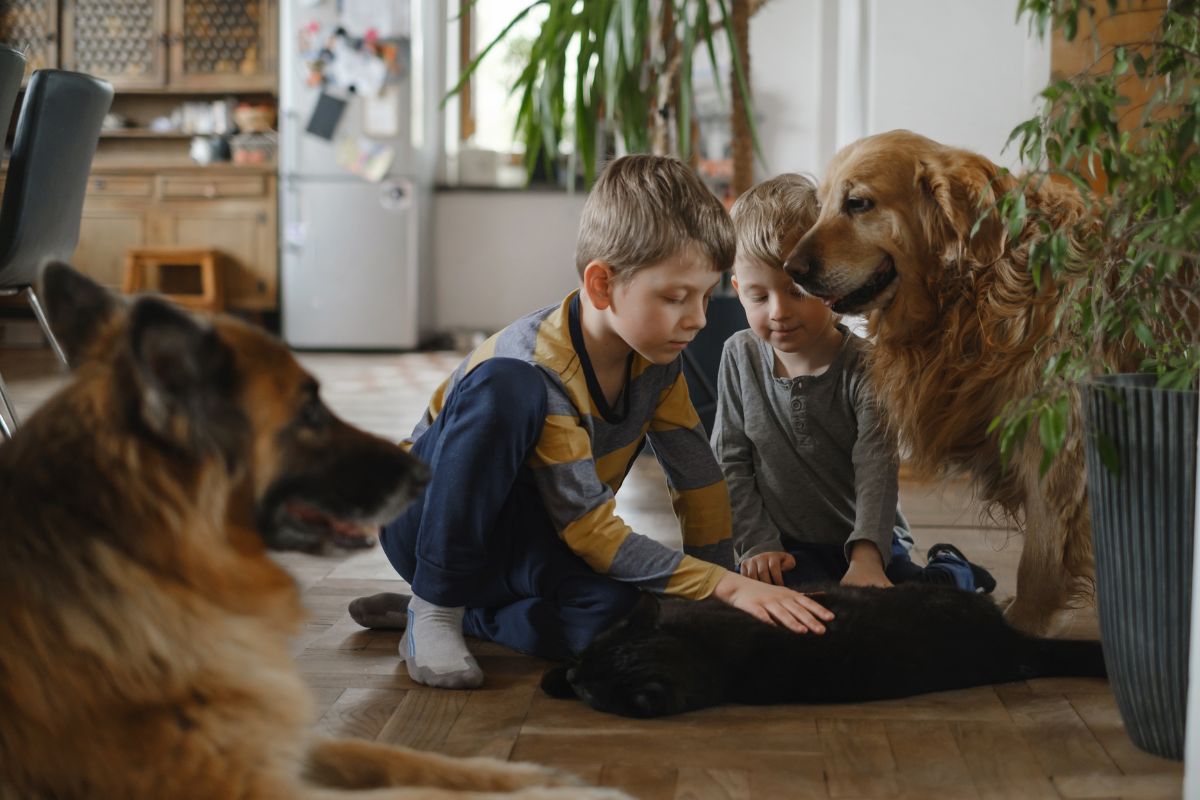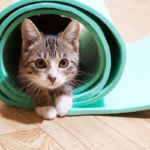Bringing a pet into your life is a significant decision that comes with a host of responsibilities, regardless of where you live.
Responsible pet ownership is crucial for ensuring the well-being of your furry companion and maintaining a harmonious relationship with your community.
Whether you reside in a rural setting with vast open spaces or a bustling urban metropolis, understanding the unique challenges and adaptations necessary for responsible companion ownership is essential.
In this post, we will explore the key aspects of being a responsible furry friend owner and how they may differ depending on your living environment.
Post Contents
The Pillars Of Responsible Pet Ownership
Irrespective of your geographical location, several fundamental principles form the foundation of responsible pet ownership:

- Providing a nutritious diet and access to clean, fresh water
- Scheduling regular veterinary check-ups and keeping vaccinations current
- Offering a safe, comfortable, and nurturing living space
- Ensuring your pet receives adequate exercise and mental stimulation
- Socializing your furry friend with humans and other animals to promote good behavior
- Training your companion to follow basic commands and exhibit proper manners
By adhering to these core principles, you lay the groundwork for a happy, healthy, and well-adjusted domestic animal that brings joy to your life and positively contributes to your community.
Responsible Pet Ownership In Rural Settings
Living in a rural area can provide your pet with ample space to roam and explore, but it also presents unique challenges and responsibilities that require careful consideration and planning.
Ensuring Safe Containment and Boundaries
One of the primary concerns for rural beloved animal owners is ensuring that their furry friends remain safe and within the confines of their property.
Investing in secure fencing is essential to prevent your companion from wandering off or getting lost.
However, for those with larger properties or more adventurous pets, a traditional fence may not suffice.
In such cases, considering the installation of a GPS wireless dog fence can provide an additional layer of safety and peace of mind.
These innovative systems allow you to set clear boundaries for your pet and monitor their location, ensuring they remain within the designated safe area.
Prioritizing Socialization And Training
While rural living may offer more space for your pet to roam, it is still crucial to prioritize socialization and training.
Exposing your furry friend to a variety of people, animals, and environments from a young age can help prevent the development of fear or aggressive behaviors.
Training your domestic animal to respond reliably to basic commands, especially recall, is particularly important in rural settings where they may have more opportunities to explore and potentially encounter wildlife or other hazards.
Maintaining Health And Wellness
Rural pet owners must also be mindful of the unique health challenges their companions may face.
Regular check-ups with a veterinarian are essential, as rural pets may be more susceptible to certain health issues, such as parasites or injuries sustained during outdoor adventures.
Keeping your beloved animal up-to-date on all necessary vaccinations and preventative medications is crucial, as is having an emergency plan in place, considering that access to veterinary care may be more limited in rural areas.
Responsible Pet Ownership In Urban Environments
Urban domestic animal owners face a different set of challenges, including limited living space, strict regulations, and a more densely populated environment.
Navigating these challenges requires careful planning and adaptability to ensure responsible pet ownership.
Adapting to Apartment And City Living
When living in an urban setting, it is essential to select a pet that is well-suited to your living space and lifestyle.

Consideration factors such as size, energy level, and temperament ensure that your companion can thrive in a smaller living environment.
Providing sufficient exercise and mental stimulation is crucial, even within the confines of an apartment or small yard.
Additionally, familiarizing yourself with any breed or size restrictions enforced by your apartment complex or city regulations is essential to avoid potential conflicts or legal issues.
Prioritizing Socialization and Training
Just like in rural settings, socialization, and training are vital for urban pets. Enrolling your beloved animal in training classes can help them learn good manners, obedience, and how to interact appropriately with others in a densely populated environment.
Socializing your companion with other animals and people in controlled settings, such as dog parks or furry-friendly events, can help prevent behavioral issues and promote positive interactions within the community.
Always keeping your pet on a leash when in public spaces and being diligent about cleaning up after them are essential aspects of being a responsible urban domestic animal owner.
Maintaining Health And Wellness
Urban pet owners have the advantage of easier access to veterinary care, with many clinics and hospitals located conveniently within the city.
Establishing a relationship with a reliable veterinarian for routine check-ups and emergency care is crucial.
Keeping your pet’s vaccinations current and maintaining a consistent preventative care regimen, including flea and tick treatments, is essential for their health and well-being.
Additionally, being aware of potential urban hazards, such as busy streets, trash, and other pollutants, can help you take the necessary precautions to keep your furry friend safe.
Final Words
Responsible domestic animal ownership is a commitment that requires dedication, patience, and an understanding of your pet’s unique needs, regardless of whether you live in a rural or urban setting.
By adhering to the fundamental principles of beloved animal care and adapting them to your specific living situation, you can create a loving, nurturing environment for your furry friend to thrive.
The rewards of being a responsible pet owner are immeasurable, from strengthening the bond between you and your companion to contributing to a harmonious community.
Remember, a well-cared-for pet is a reflection of a responsible and devoted owner, and the positive impact of your efforts extends far beyond your household.






























